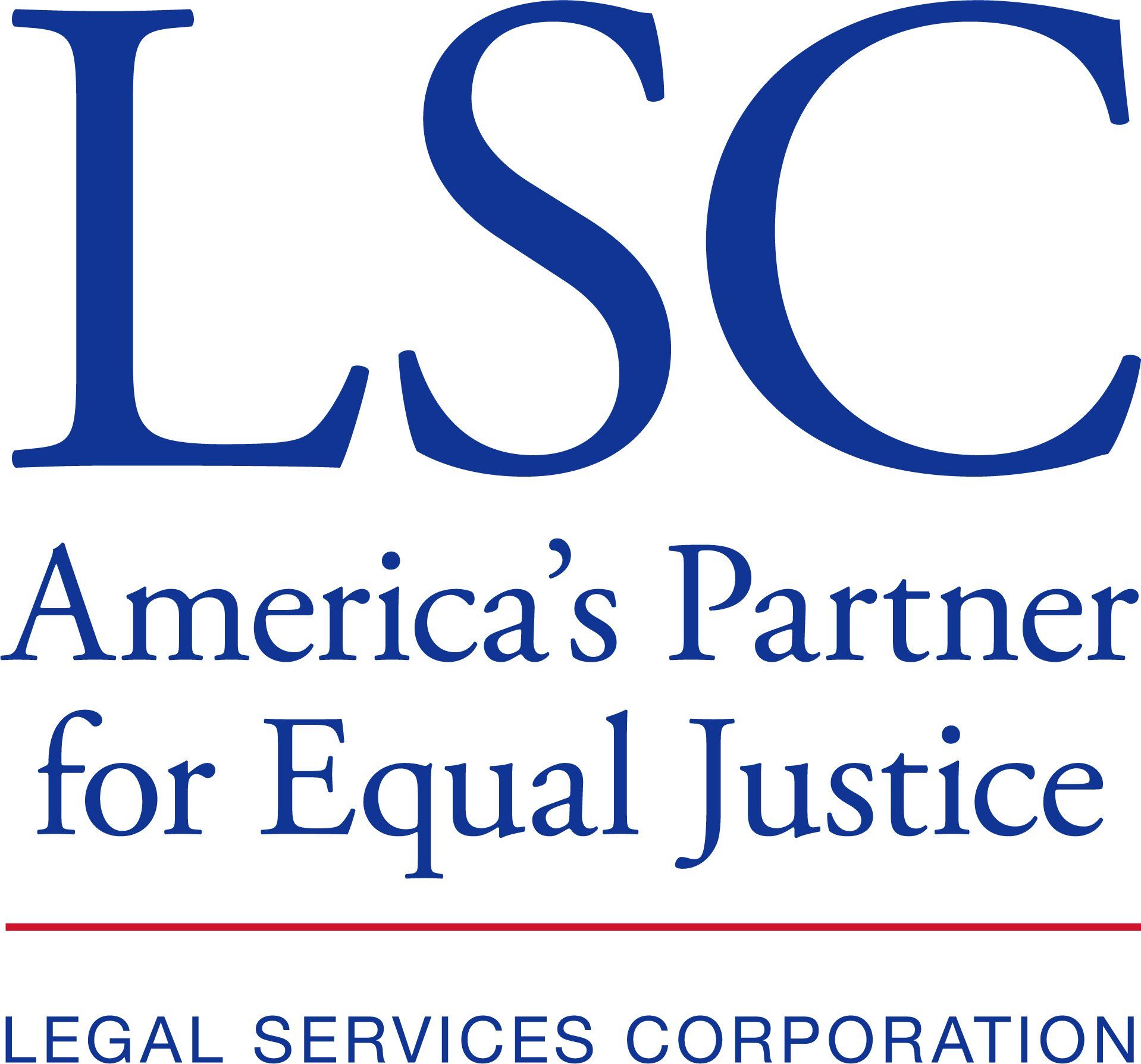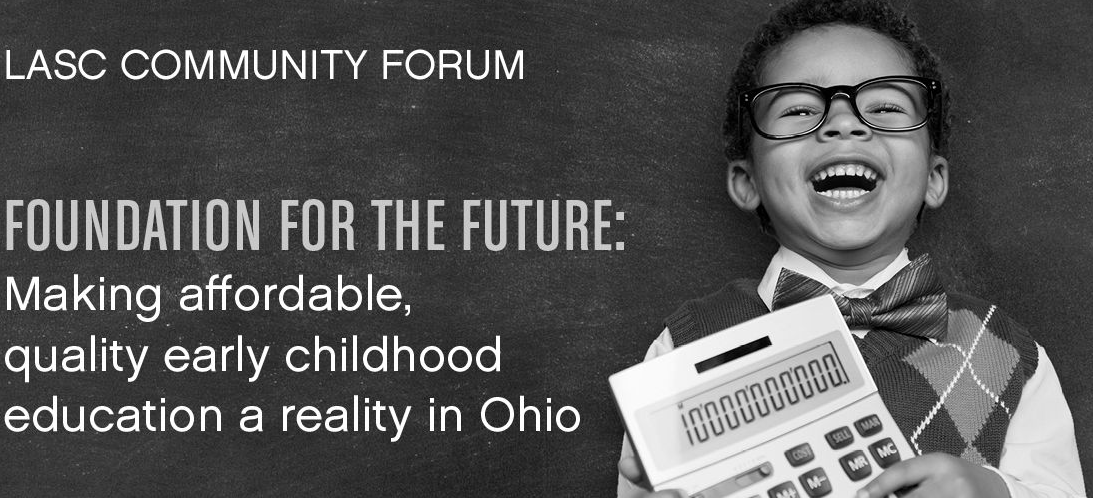Jack D’Aurora: State budget should support legal aid
Is access to legal assistance for low-income Americans important? President Donald Trump doesn’t think so. His 2018 budget proposed eliminating the Legal Services Corporation, an independent nonprofit established during the Nixon administration that provides civil legal aid to low-income Americans.
Trump apparently forgot about his campaign theme — “to bring hope to every forgotten stretch of this country.” According to Martha Bergmark, former LSC president, the majority of the states with the lowest ranking for access to legal assistance for low-income citizens supported Trump.
Fortunately, most of Congress didn’t listen to the president. In fact, Congress went a different direction and increased LSC funding in March from $385 million to $410 million.
Across the country, legal-aid offices serve the needs of those whose incomes are below 125 percent of the federal poverty level. For a family of four, that’s $30,740 a year. Roughly 1.5 million Ohioans fall in this category. In 2016, the 28 lawyers and staff members at the Legal Aid Society of Columbus, along with several hundred pro bono attorneys and non-lawyer volunteers, served 6,609 low-income individuals and families.
It’s probably difficult to imagine why those with low incomes would need a lawyer, but low income, in and of itself, generates problems. Seventy-one percent of low-income households have experienced a legal problem in the past year. For households with disabled persons, the percentage jumps to 80 percent; for households with survivors of domestic violence or sexual assault, it jumps to 97 percent. One in four low-income households has experienced six or more legal problems in the past year.
“When living on the edge, one problem begets another,” explains Tom Weeks, executive director of the Legal Aid Society of Columbus. “Get injured on the job without health insurance or workers compensation, and suddenly you’re faced with hospital bills. Because you’re unable to work, you can’t afford to repay the auto title loan you took out for repair work, and you don’t have money for next month’s rent.
“You can afford to pay the lender or the landlord but not both. Eventually, the hospital files suit to collect on its unpaid bills. The lender and landlord will be next. It can be overwhelming.”
What’s staggering is that intimate-partner violence among people with family income at or below the FPL is about four times the rate for those with incomes at or above 400 percent of the FPL. “Twenty-two percent of legal aid work is family law,” says Angie Lloyd, executive director of the Ohio Legal Assistance Foundation. “But it’s actually all domestic-violence-related, so we’re only meeting part of the domestic legal need.”
Legal aid isn’t just about providing assistance. “It’s transformative work,” says Lloyd, “that allows low-income and vulnerable Ohioans to be gainfully employed, financially secure, stably housed, healthy and safe from domestic violence.”
The Access to Justice Task Force formed by Chief Justice Maureen O’Connor of the Ohio Supreme Court concluded there is a 115-percent return for every dollar invested in legal aid. Studies consistently show that investing in civil legal-aid programs has a positive economic impact.
Even if LSC funding continues in the future, it’s not enough. LSC provides only about 30 percent of the budget for Ohio’s legal-aid offices. Another 40 percent comes from a surcharge on court filing fees and the interest earned on lawyer trust accounts, and that money has been decreasing. With interest rates dropping over the years, revenues from trust accounts fell from $22 million in 2007 to $4 million today.
Remarkably, the state of Ohio contributes nothing to legal aid. The Ohio Supreme Court’s Task Force recommended in 2015 that the Ohio General Assembly fund the cost of the 120 legal-aid attorneys and support staff who were laid off because of declining funds.
Three years later, we’re still waiting for the General Assembly to respond.
Jack D’Aurora is a partner with the Behal Law Group. jdaurora@behallaw.com







